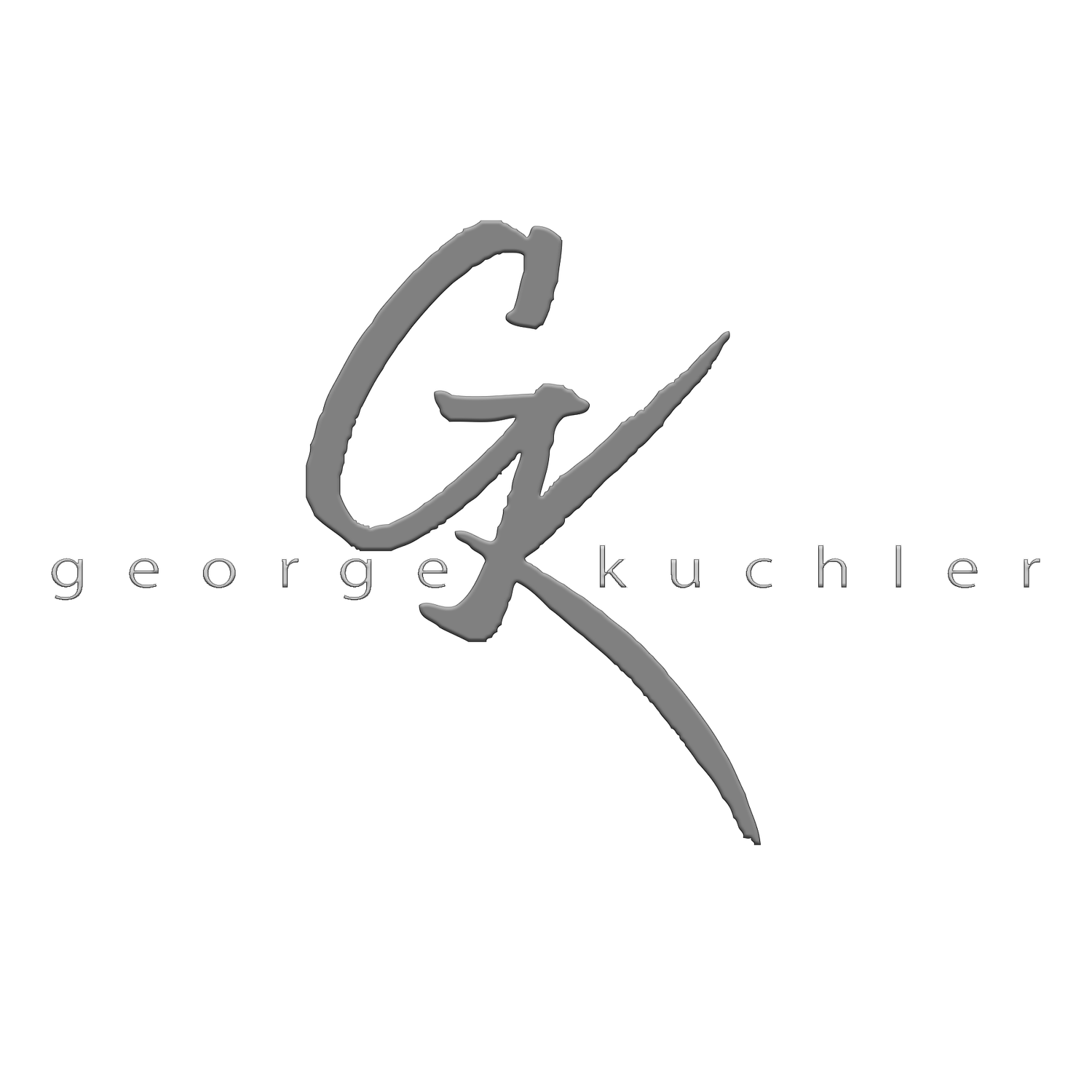Happy Friday! When Did Friday Become a Party Night?
Before the mid-20th century, most people worked six days a week. That meant Saturday night was the big social evening, while Friday was reserved for rest before another workday. Once the five-day workweek became standard, Friday night transformed. With no work the next morning, it quickly turned into the perfect opportunity to relax, unwind, and party.
Pop Culture and the Rise of “TGIF”
Television, music, and movies pushed Friday night into the spotlight. Think of Friday night sitcoms, high school football games, concerts, and lyrics like “Friday I’m in Love.” The phrase TGIF (Thank God It’s Friday) became part of American culture, cementing Friday as the first true night of the weekend.
Why Friday Feels Different
Psychologists say anticipation plays a big role. On Friday night, the stress of the week begins to fade, and people feel lighter—even before the weekend begins. That’s why Friday happy hours, dinners, and concerts feel more exciting than the same activities on a Tuesday. Friday is a mindset as much as a day of the week.
Friday Nights in New Orleans
Here in New Orleans, Friday nights carry even more magic. From live jazz in the French Quarter to local football games under the lights, the city knows how to celebrate the start of the weekend. It’s not just about partying—it’s about music, food, community, and the joy of being together.
So, When Did Friday Become a Party Night?
The answer is simple: when culture and community decided to crown it. Thanks to shorter workweeks, pop culture, and our craving for connection, Friday night became the official party night across the world—and in New Orleans, it’s always been extra special.
So the next time someone shouts “Happy Friday!” you’ll know you’re part of a tradition that turned an ordinary evening into the heartbeat of the weekend.
Cheers to Friday! Time to get crunk! :)
